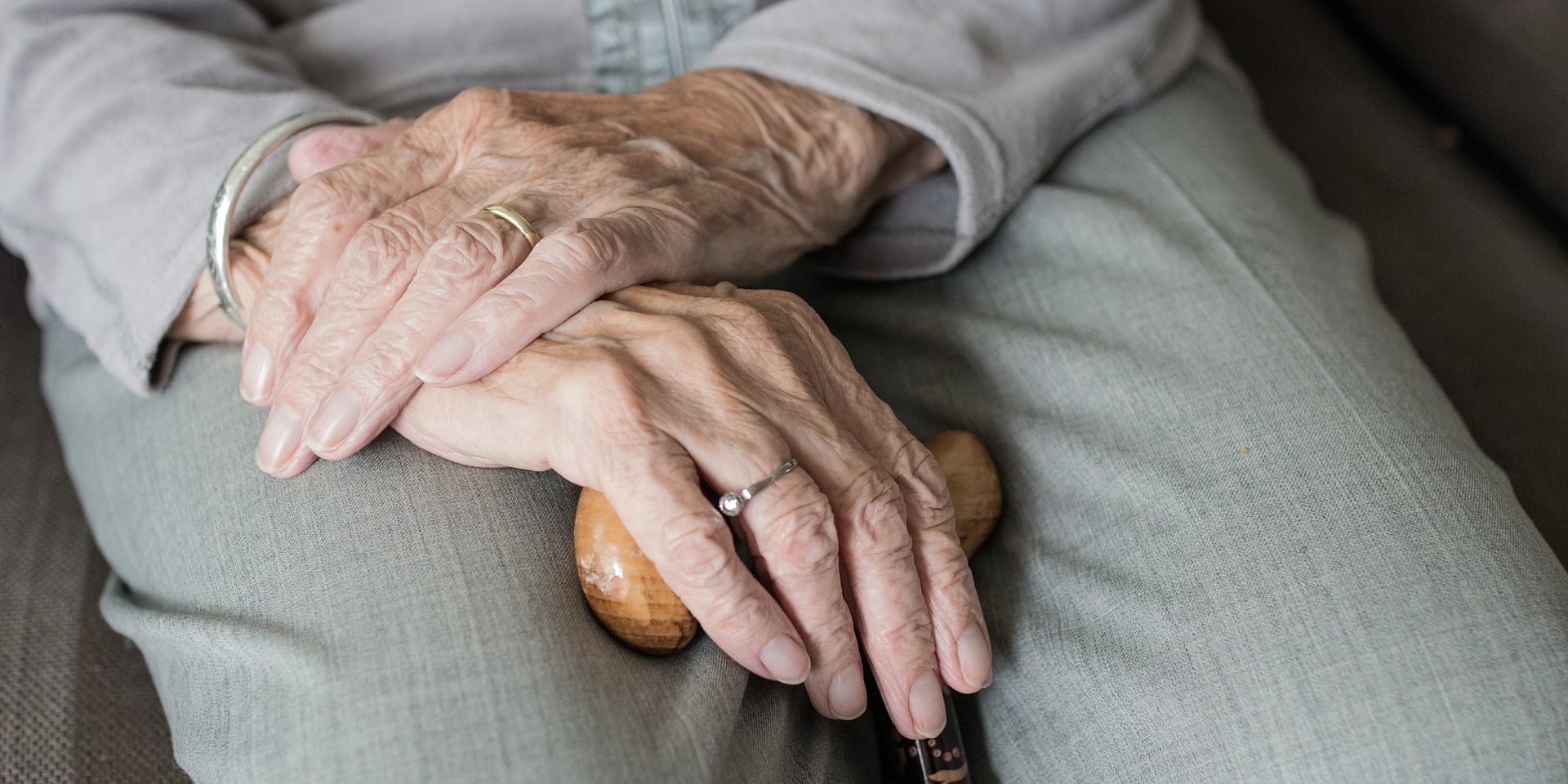
Who Is Liable for Resident-On-Resident Abuse in South Carolina Nursing Homes?
Over the past few decades, the number of South Carolina nursing home admissions has been on the rise. Many families would prefer to care for aging loved ones in their own homes. However, for several reasons, families may not be able to provide loved ones the care that they need. For example, as the number of dual-income households continues to increase, more families are finding that they do not have the ability to care for their loved ones. In other situations, aging loved ones may require a level of care that family members are not qualified to provide. As a result, more families are relying on nursing homes to care for their loved ones. While most nursing homes take every step to ensure a safe environment for residents, that is not always the case, especially when it comes to resident-on-resident abuse.
Each year, tens of thousands of nursing home residents are seriously injured due to nursing home abuse and neglect. While many of these cases involve negligent or abusive staff members, resident-on-resident abuse is also quite common. And because many South Carolina nursing home residents have other major health issues, these injuries are often fatal. At the Steinberg Law Firm, our Charleston nursing home abuse attorneys work closely with families of nursing home residents to hold abusive residents and neglectful nursing homes responsible for their actions.
What Is Resident-on-Resident Abuse?
When most people think of nursing home abuse, images of a cruel or uncaring nursing home employee come to mind. However, a significant percentage of nursing home abuse cases result from one resident committing abusive acts toward another. According to the National Center for Elder Abuse (NCEA), resident-on-resident abuse is defined as “negative and aggressive physical, sexual, or verbal interactions between long-term care residents that would likely be construed as unwelcome and have high potential to cause physical or psychological distress in the recipient.”
Resident-on-resident abuse is far more common than most people realize. According to the NCEA:
- 97 percent of nursing home employees witnessed residents yelling at each other within the past three months;
- 91 percent of nursing home employees witnessed saw aggressive behavior between residents within the past three months;
- 94 percent of nursing home employees observed residents pushing, grabbing, or pinching each other in the past three months; and
- 77 percent of nursing home workers have seen a resident expose their body parts to other residents.
When resident-on-resident abuse occurs, families can pursue a claim for compensation for the parties responsible for the abuse. Typically, this would be the abusive resident. However, nursing home care is incredibly expensive, and many South Carolina nursing home residents are on Medicaid. This means that they lack the ability to fairly compensate residents for the abuse they commit. Additionally, the abusive resident may have severe mental health issues, decreasing their culpability in the eyes of the law.
Nursing homes are legally required to provide a safe facility for residents, and they too can be held liable in certain situations. South Carolina nursing homes have a legal duty to residents to prevent foreseeable dangers. This includes other residents’ aggressive behavior.
Resident-on-resident abuse is preventable, if a facility has adequate staff, both in terms of the number of employees as well as their qualifications. Understaffed nursing homes may leave gaps in supervision, which increases the risk of resident-on-resident abuse. Once a claim of resident-on-resident abuse is reported, nursing home management is required to take the allegations seriously and conduct an internal investigation. However, already understaffed nursing homes may not prioritize an investigation, leading to continued abuse. Similarly, untrained staff members may not have the professional tools necessary to pick-up on and diffuse tense situations before they result in violence.
The bottom line is that there are options for families who suspect another resident is abusing their loved ones. By reaching out to a dedicated Charleston nursing home neglect attorney, families can better understand a nursing home’s obligations and what can be done to hold them accountable.
Reach Out to a Knowledgeable Charleston Nursing Home Abuse and Neglect Attorney for Immediate Assistance
If you have a loved one in a nursing home, and believe that they may have been subject to resident-on-resident abuse, the nursing home may be liable through a South Carolina nursing home negligence lawsuit. Families who successfully bring a nursing home neglect case may be entitled to compensation for the injuries their loved one needlessly suffered. The Charleston nursing home abuse attorneys at the Steinberg Law Firm have more than 95 years of experience advocating on behalf of nursing home residents and their families, helping them obtain the compensation they deserve. With our help, you can pursue a claim for compensation against those responsible for your loved one’s injuries. To learn more, and to schedule a free consultation today, call us at 843-720-2800 to speak with one of our experienced team members. You can also reach us through our online form.




















